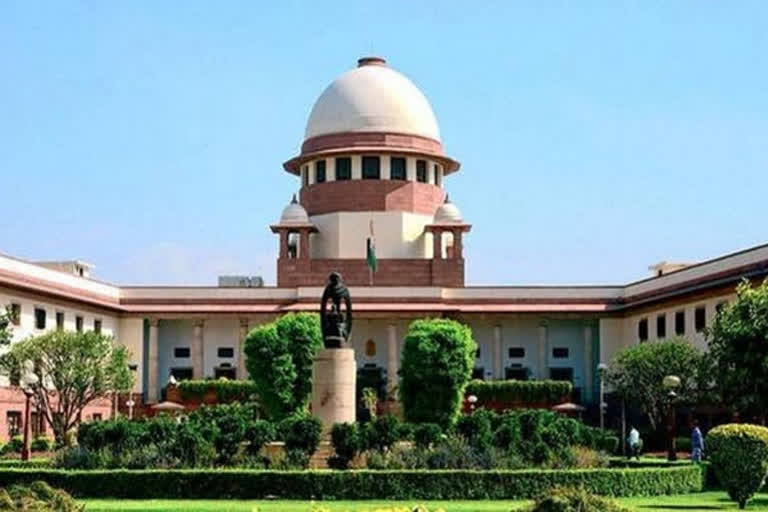New Delhi: Disturbed over the government's failure in implementing repeated directions issued by it to ensure that tribunals should not “function as another department” under the control of the executive, the Supreme Court on Friday said it is high time that this practice is stopped.
The apex court said dispensation of justice by tribunals can be effective only when they function independent of any executive control and this renders them credible and generates public confidence.
“We have noticed a disturbing trend of the Government not implementing the directions issued by this court. To ensure that the tribunals should not function as another department under the control of the executive, repeated directions have been issued which have gone unheeded forcing the petitioner to approach this court time and again,” said a bench headed by Justice L Nageswara Rao.
“It is high time that we put an end to this practice. Rules are framed which are completely contrary to the directions issued by this court,” the bench, also comprising Justices Hemant Gupta and S Ravindra Bhat, said.
The observations by the apex court came in its judgement delivered on a batch of pleas challenging the constitutional validity of the ‘Tribunal, Appellate Tribunal and other Authorities (Qualification, Experience and Other Conditions of Service of Members) Rules, 2020.
The bench said since tribunals are expected to be consistent and adhere to their precedents as they oversee regulatory behaviour in several key areas of the economy, it is crucial that these institutions are run by a robust mix of experts.
It directed the Centre to constitute a National Tribunals Commission which would act as an independent body to supervise appointments and functioning as well as take care of the administrative and infrastructural needs of tribunals across the country.
“Upon the tribunals has devolved the task of marking boundaries of what is legally permissible and feasible (as opposed to what is not lawful and is indefensible) conduct, in a normative sense guiding future behaviour of those subject to the jurisdictions of such tribunals,” the bench said.
